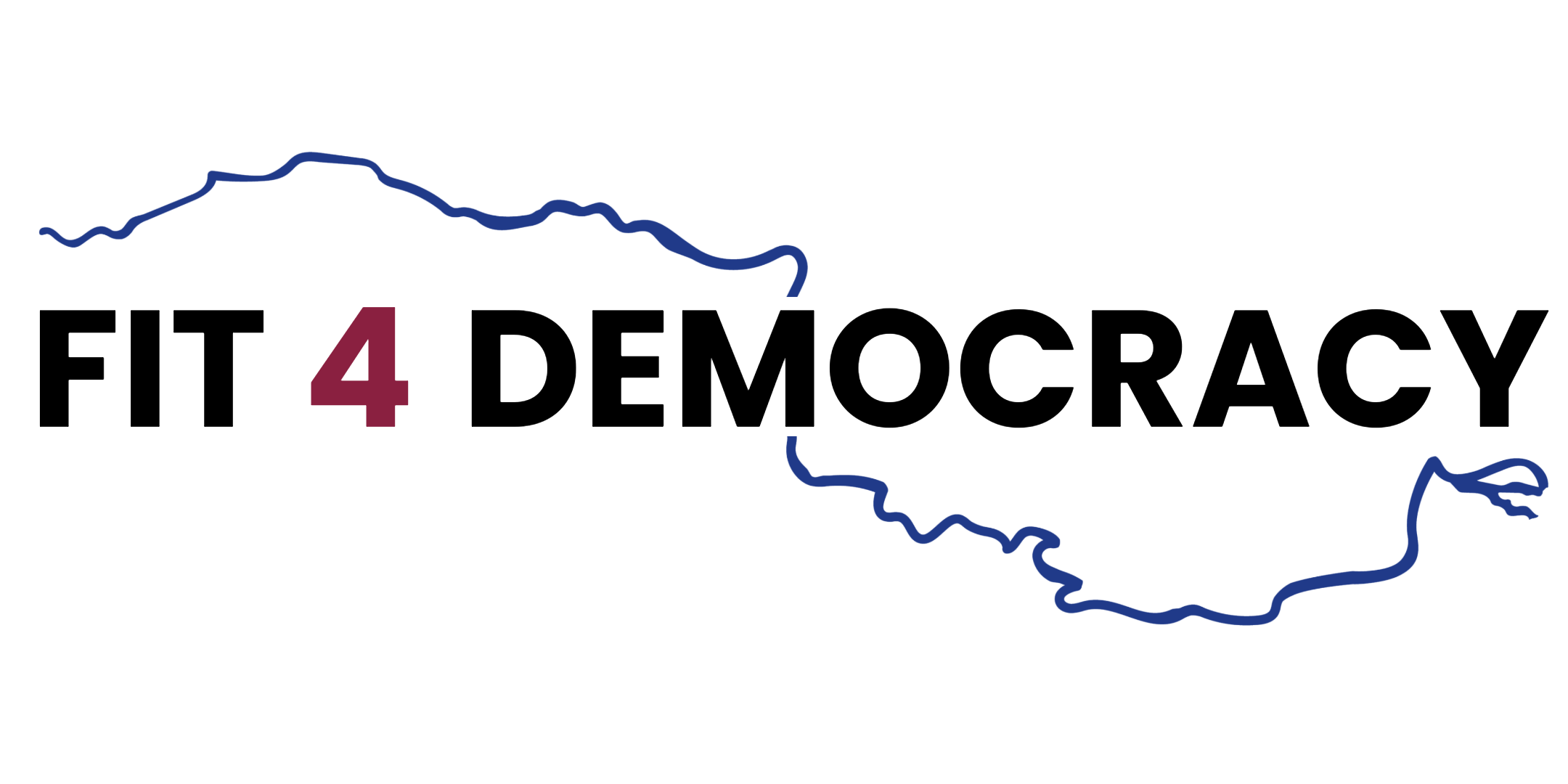The third project meeting on ‘Sustainability Goals in My City’ took place with a diverse group of participants. The session began with a conversation-based introduction, where attendees shared insights about cultural traditions such as Fasching in Germany and Mateniza in Bulgaria, as well as their hobbies, ranging from travel and dance to music and sports.
Following the introductions, the session moved to an input activity titled ‘The Blank Sheet,’ prompting reflections on education. This was complemented by an interactive Mentimeter survey asking, ‘What is education?’
In small group discussions, participants explored key questions related to Sustainable Development Goal 4 (Quality Education). They reflected on whether this goal is well implemented in their schools and how teachers and students can collaboratively make the educational process more engaging and creative. Another discussion focused on places in their cities that align with these educational goals.
In one group, discussions revolved around accessibility to education. Participants shared their experiences from different countries, highlighting the varying costs and opportunities in Ukraine, Bulgaria, and Germany. Topics included tuition fees, university accessibility, the impact of war on education, and inclusivity for students with disabilities. The conversation also touched on gender equality in education, with insights into how opportunities differ across regions and fields of study.
Another group focused on the structure of educational systems and equality in access to learning. They discussed entrance exams, the role of teachers in inspiring students, and the impact of government policies on equal opportunities. Examples from different educational systems illustrated the balance between public and private schooling, lifelong learning opportunities, and the importance of inclusive education.
The session proceeded with a review of places in various cities that promote lifelong learning, such as adult education centers, community institutions, and university extension programs. Participants also discussed the role of political education in shaping democratic engagement, comparing different approaches in Germany, Bulgaria, and the USA. The discussion highlighted student participation in school decision-making, the influence of student councils, and their varying degrees of authority in different countries.
The meeting concluded with a summary of key insights and a reflection on the importance of individual contributions to the education system. Participants were tasked with identifying additional non-traditional learning spaces beyond schools and universities for future discussions. The session fostered meaningful exchanges and set the stage for continued collaboration on sustainability and education.
